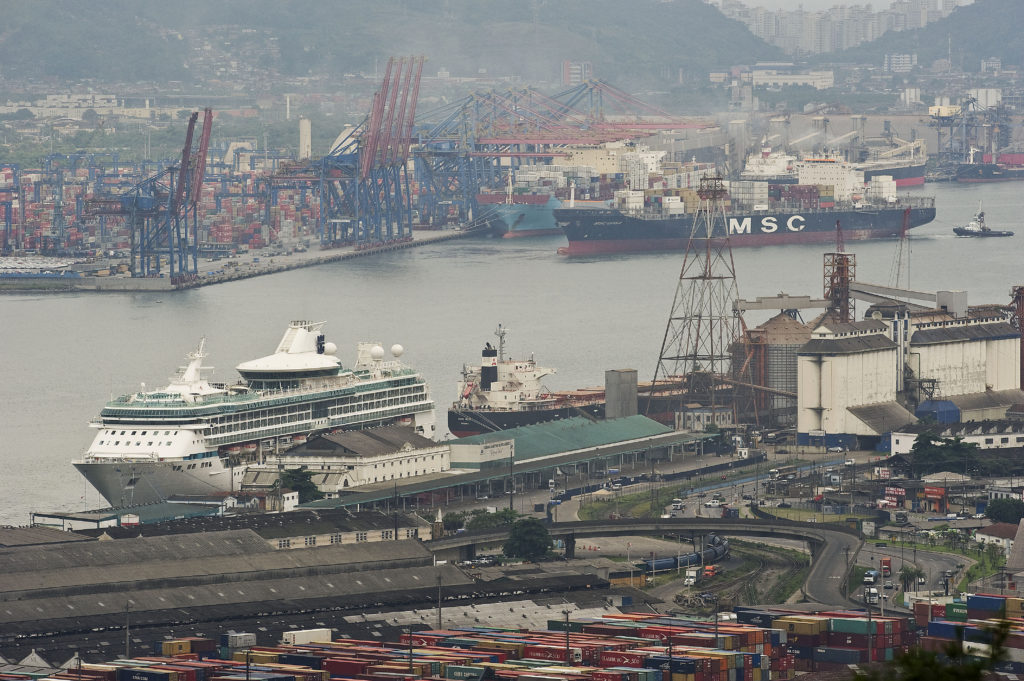São Paulo – Brazil’s trade with the Arab countries climbed 17.3% in January from a year ago. The total amount reached USD 1.22 billion, and Brazil ran a USD 563.31-million surplus. The figures were made public by the Arab Brazilian Chamber of Commerce (ABCC).
Year on year, Brazil’s revenue from exports to the Arab countries climbed 7.4% to USD 891.85 million, keeping the Arab bloc as the 3rd largest destination of sales from Brazil, only behind China and the United States.
Despite the good result, Brazil’s surplus was down 9.2% from a year ago, which was due mainly to the increased exports from Arabs. In January 2021, the Arab bloc shipped USD 328.55 million worth to Brazil, up 56.4% from a year ago. Brazilians are the 10th largest supplier to the bloc.
Highlights included the all-time record in wheat and meslin exports at USD 26.78 million, pepper at USD 6.4 million, and vegetable oils at USD 5.1 million. The record was appointed by the ABCC Market Intelligence department in a historical data series since 2017.
- Find out more: Brazilian wheat exports to Arabs hit record in January
Out of the counties whose purchases of products from Brazil climbed the most, the top one is Egypt, buying 77.6% more to USD 209.35 million. In January, the Egyptians bought 222.6% more maize, 543% more sugar (to USD 34.87 million), and 652% more paperboard.
On the other hand, Morocco was the supplier whose sales to Brazil climbed the most, fetching USD 100.64 million, up 95.5%, And the products that climbed the most were fertilizers at 118.3%, inorganic chemicals at 137.9%, and seafood at 44.2%.
In a situation where the COVID-19 vaccination moves forward and social distancing measures can be alleviated, the ABCC Market Intelligence staff expects a global economic recovery. While slow, the revival is expected to provide a diversification of trade products between Brazil and the Arab countries. Industries that could be benefited include supply chain inputs and intermediate goods, as well as higher value-added finished products.
Translated by Guilherme Miranda




